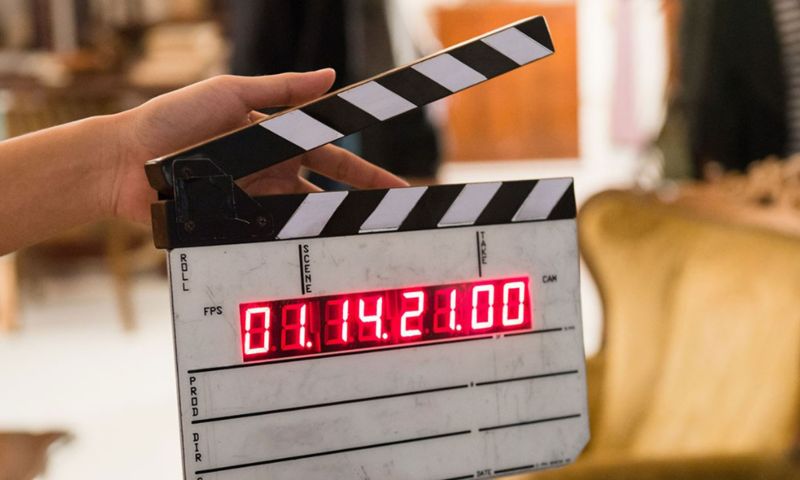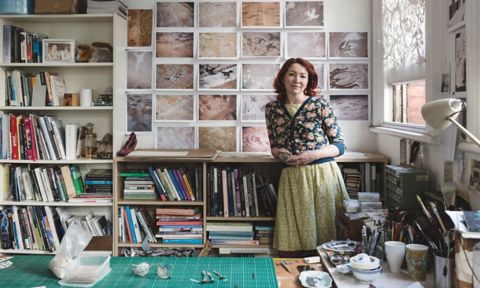RMIT Alumnus Girish Makwana gives his top five tips and some insight into how he created his debut feature film The Colour of Darkness.

Prolific American screenwriter and director Sam Fuller said that “film is a battleground”, and that can seem especially true if you’re an aspiring filmmaker trying to get your first project off the ground.
Girish Makwana, a graduate of RMIT’s Master of Creative Media program, made it through the battleground and lived to tell the tale. His debut feature film, The Colour of Darkness, premiered at the Indian Film Festival Melbourne in August after six years of work on a $3 million budget, and he says the process of directing his first film was a learning experience like no other.
The Master of Media prepares students for the real-world demands of the modern film and television industries, from basic skills in production and storytelling to strategic thinking and media theory.
Now, having successfully navigated his way into the film industry, Makwana has some advice for those who aspire to follow in his footsteps and direct a film project of their own.
1. Have a clear, firm idea of what you want to achieve
Every project starts with an idea. Makwana says that having a strong sense of what you hope to achieve is fundamental to a successful film production.
“The Indian part of The Colour of Darkness began as an original idea of my dad’s,” Makwana says.
“It’s the story of a series of events in his life, so it was important for me to faithfully transport those events to the screen.”
2. Face challenges head-on
It’s crucial to champion your idea, because you can’t count on others to champion it for you.
“At first, no one believed in me or my project,” Makwana says, "but I was determined, so I started location scouting and shooting in India on my own. Eventually I found some people who believed in me and my story, and it made a hard journey just a little bit easier”.
3. Collaborate
Creativity is a team sport. From the biggest Hollywood blockbusters to micro-budget independent features, all film productions require the participation of dozens or hundreds of individuals working together.
“As a professional musician and composer, I already knew some film industry people I could call,” Makwana says, “and, luckily, I found the right people.”
4. Network
You never know if the next person you meet could help you finish or release your film. Makwana received assistance and support from his RMIT lecturers to make The Colour of Darkness.
“I have to thank Steven Skok and Tony Paice. They encouraged me and helped with the project, and I couldn’t have done it without them. RMIT also allowed me to shoot some scenes in the university’s buildings, which was invaluable.”
5. Don’t stop
Makwana believes that persistence is the key to finishing your project.
“Keep creating, keep collaborating and keep networking,” he says. “That’s the life of an artist.”
Story: Bradley Dixon
You may also be interested in:
Find the right course for you
With over 350 qualifications to choose from, it's never been easier to find the right fit.



